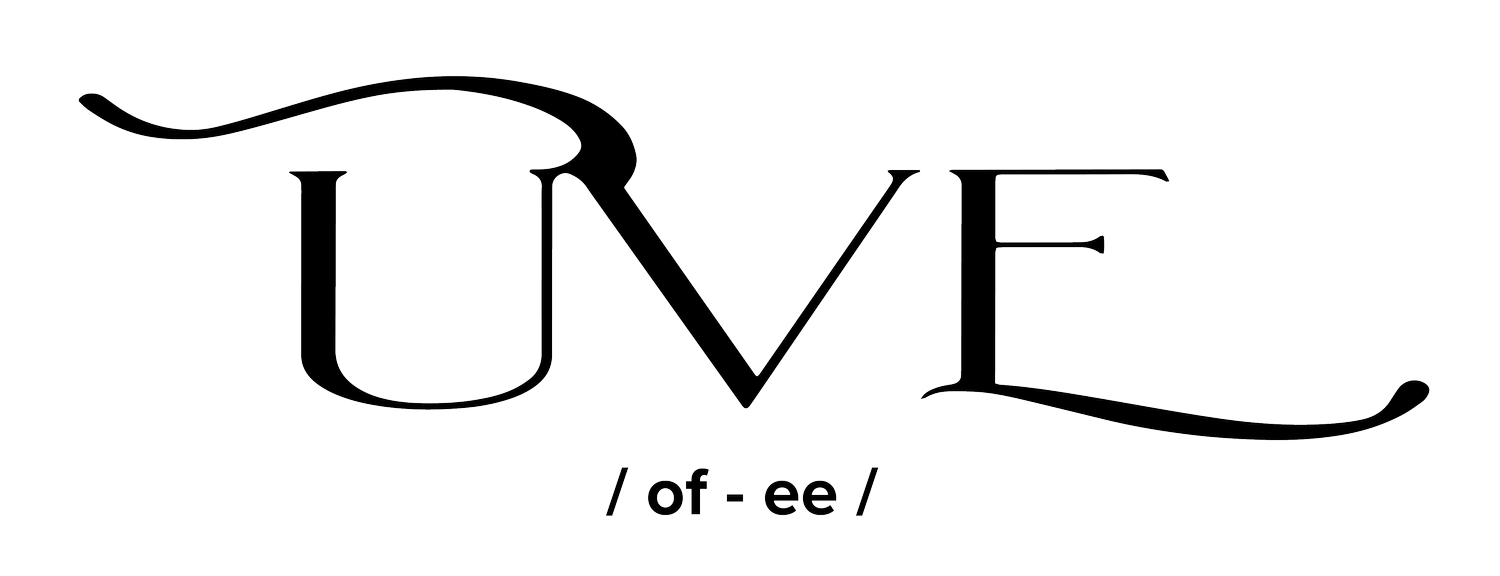Indigenous Data Sovereignty: EOV data as a tool for self-determination
By Rachel Lohof Larsen
I thought I was simply conducting fieldwork, when I embarked upon the work of Ecological Outcome Verification (EOV) monitoring on tribal lands in the state of South Dakota in September of 2023 on a collaborative project with the Intertribal Agriculture Council, I didn’t realize I’d also be expanding my understanding of data sovereignty and what that means to Indigenous people.
Tribes are sovereign nations, within the borders of the United States, that have distinct formal relationships with the Federal Government. Each tribal nation is a unique landscape and culture, with its own complicated and often painful history. The United States government has a trust responsibility to the 574 recognized tribes within its borders, this means the US is responsible for protecting and supporting tribal governments. Federal agencies, like the Bureau of Indian Affairs, were created to manage these relationships. Data is a tool that guides governmental policies and laws, on tribal lands data is collected, controlled, and interpreted by federal agencies.
Photo by Rachel Lohof Larsen
Purple Coneflower, Echinacea purpurea, July 2024, South Dakota
Lakota name: Ichahpe hu, a traditional medicinal herb was applied to wounds, and chewed to relieve toothaches
Data can be an important tool for Indigenous self-determination as political entities. The benefit of EOV monitoring and data collection as practiced by UVE, is that the land steward who engages the monitoring owns the data that is collected. So the water infiltration data, soil tests, plant surveys, and biodiversity indices gathered during a long-term monitoring event are the property of the rancher, farmer, or tribal government. They do not have to wait for a government agency to conduct data collection and hope that this information will be shared with them.
I feel it is our duty to engage in respectful relationships with all of our land stewards. As an Indigenous ally the weight of this responsibility is greater. Not only must I uphold my personal commitment to thorough and rigorous data collection, I must be aware of and act in the interest of the individual land stewards and tribal entities. It is my responsibility as the lead monitor to practice the CARE principles1 when collecting data and presenting it to the owners. These principles were developed by an international data sovereignty interest group, to protect Indigenous rights while supporting open data. CARE is an acronym for Collective Benefit, Authority to Control, Responsibility, and Ethics.
What does this look like as a monitor in the field? It is our responsibility to build relationships with tribal land managers, ranchers, and tribal chairpersons, to listen well and without judgment, so we can identify their goals and concerns for their landbase. We are there to support their needs and desires to support their work toward the collective benefit of their communities. We recognize their rights and interests, it is our responsibility to ensure that the proper boards and tribal organizations have access to the data. This can involve additional paperwork and meetings, to ensure the data is being collected in a good way, which brings us to “Responsibility.” Responsibility as an ally and a monitor being accountable for positive relationships, brainstorming on how I might support expanding the capability and capacity for local organizations and individuals to collect this ecological data, and behaving in a manner that is sensitive to other worldviews. Responsibility and ethics are closely related in my perspective, I must be accountable to minimize harm, and maximize the benefits of the data we are collecting
1Carroll, S. R., Garba, I. Figueroa-Rodriguea, O. L., Holbrook, J. Lovett, R., Materechera, S., Parsons, M., Raseroka, K., Rodriguez-Lonebear, D., Rowe, R., Sara, R., Walker, J. D., Anderson, J., and Hudson, M. 2020. The CARE Principles for Indigenous Data Governance Available at https://datascience.codata.org/articles/10.5334/dsj-2020-043
Native Land Information System, https://nativeland.info
Rachel Lohof Larsen is an Savory AP, EOV monitor, and Agroecological Soil Health Coach based in Southern Idaho with Grounded Life Soil Consulting LLC.


